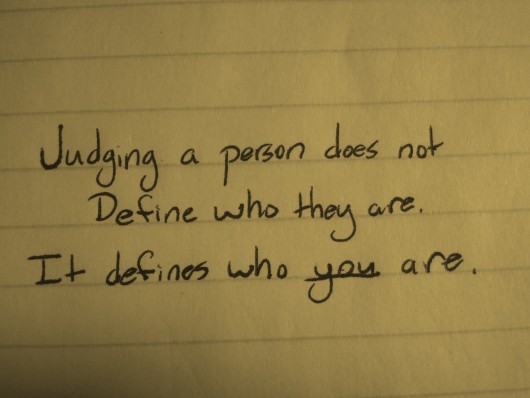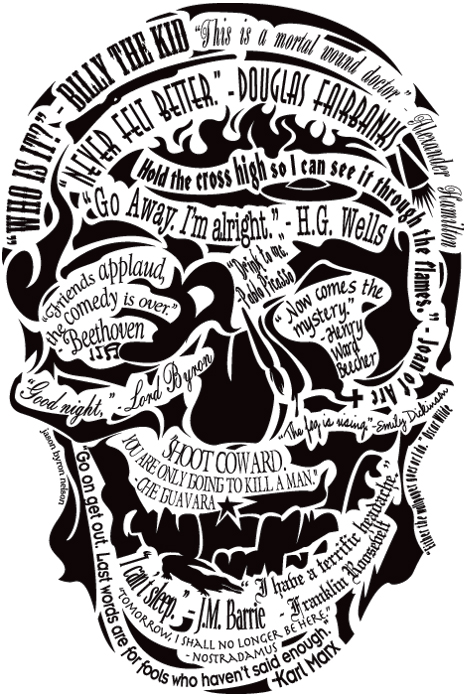 Two unrelated stories last week caused me to think about how easy it is to blame others without “walking in” their shoes.
Two unrelated stories last week caused me to think about how easy it is to blame others without “walking in” their shoes.
The first was an incredible magazine story published by The Washington Post and written by Susan Baer. I once worked at the magazine and knew the subject of the cover story, although certainly not well. One of my former colleagues, Robert Melton, suffered a stroke that drastically reduced his cognitive abilities. He was married and his wife, Page, continued to love and take care of him even though he had become a stranger who had little understanding of their marriage. Eventually, Page fell in love with another man. She divorced her husband to marry him.
What makes this story incredible is that Page and her new husband did not abandon Robert. Rather, they made him a part of their new family and even moved Robert with Page to St. Louis when she joined her new husband to begin their lives together.
The story, which was brilliantly told, was a courageous effort to describe one of the most difficult challenges that a person can face in their lives: what do you do when someone you love suffers a debilitating brain injury. It is an especially poignant question for those of us who love someone with a severe mental disorder.
But many readers saw the article much differently. Writing in today’s Washington Post, columnist Robert McCartney revealed in his column that the story sparked a torrent of mean-spirited comments from readers, especially anonymous ones.






